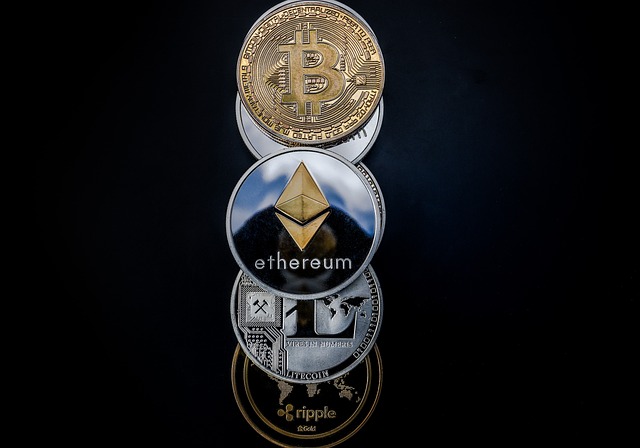In the ever-evolving landscape of cryptocurrency, Decred (DCR) has emerged as a unique and innovative platform that places a strong emphasis on decentralized governance. In this article, we will delve into the inner workings of Decred’s governance system and explore why it holds significant importance in the realm of digital currencies. If you are a newbie in crypto investment, here are the 3 ways to create better cryptocurrencies.
Understanding Decred’s Governance Model
Decred’s governance model is centered around decentralization, transparency, and active community participation. Unlike many other cryptocurrencies, Decred empowers its stakeholders to actively engage in decision-making processes. Stakeholder voting plays a crucial role, allowing Decred holders to vote on proposals and shape the project’s trajectory. This democratic approach ensures that decisions are made in the best interest of the community as a whole.
At the heart of Decred’s governance is the Politeia proposal system. Through Politeia, stakeholders can submit proposals, engage in transparent discussions, and vote on initiatives. This system fosters open dialogue and enables stakeholders to have a direct say in the allocation of funds for development projects.
Decred’s governance also extends to changes in the network’s consensus rules. Before any modifications are implemented, stakeholders have the opportunity to vote on proposed changes. This process ensures that decisions regarding protocol updates are made with broad community consensus.
Stakeholder Voting
One of the key components of Decred’s governance is stakeholder voting. Decred holders, also known as stakeholders, have the power to vote on proposals and influence the direction of the project. This democratic approach ensures that decisions are made in the best interest of the community as a whole.
Stakeholders can vote on various proposals, including software upgrades, funding for development initiatives, and even changes to the consensus rules. Each stakeholder’s voting power is proportional to the amount of DCR they hold, which encourages long-term investment and active participation.
Politeia: A Proposal System
Decred employs a sophisticated proposal system called Politeia, which allows stakeholders to submit, discuss, and vote on proposals in a transparent manner. This system ensures that all stakeholders have a voice and can actively contribute to the development and growth of Decred.
Politeia acts as a decentralized treasury, allocating funds for approved proposals. This funding mechanism enables developers, community members, and other contributors to receive financial support for their initiatives, fostering a vibrant ecosystem of innovation within the Decred community.
Consensus Voting: Approving Changes
Decred’s governance extends beyond proposals and funding decisions. The consensus rules of the network are also subject to stakeholder approval. This means that any proposed changes to the protocol, such as block size adjustments or transaction fee modifications, must undergo a voting process before they can be implemented.
By involving stakeholders in the decision-making process, Decred ensures that changes to the protocol are made with the broad consensus of the community. This approach helps to maintain the integrity of the network and reduces the likelihood of contentious hard forks or disagreements within the community.
The Significance of Decred’s Governance
Decred’s governance model holds immense significance in the cryptocurrency ecosystem for several reasons.
Empowering the Community
Decred’s decentralized governance empowers its community members, giving them a direct say in the future of the project. This level of inclusivity fosters a sense of ownership and encourages active participation. Stakeholders can propose ideas, voice concerns, and contribute to the growth of Decred, creating a vibrant and engaged community.
Resilience and Security
Decentralized governance enhances the resilience and security of the Decred network. By involving stakeholders in decision-making processes, the network becomes less susceptible to external influences or manipulation. Furthermore, the voting mechanism ensures that major decisions are thoroughly discussed and agreed upon by the community, reducing the likelihood of contentious disputes.
Adaptability and Evolution
Decred’s governance model enables the project to adapt and evolve over time. The ability to vote on software upgrades and changes to the consensus rules ensures that the project remains flexible and responsive to emerging technologies and community needs. This adaptability positions Decred as a dynamic and forward-thinking cryptocurrency.
Conclusion
Decred’s governance model sets it apart from many other cryptocurrencies in the market. By embracing decentralization, transparency, and community participation, Decred empowers its stakeholders and ensures that decisions are made collectively in the best interest of the project. The Politeia proposal system, stakeholder voting, and consensus approval processes form the backbone of Decred’s governance, fostering a resilient, secure, and adaptable platform. As the cryptocurrency ecosystem continues to evolve, Decred’s governance model serves as an exemplary framework for decentralized decision-making and community engagement.

0 Comments